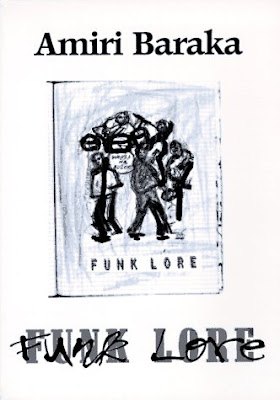ABYSS AND SONG: SELECTED POEMS by GEORGE SARANTARIS
Reading by Eileen Tabios
ABYSS AND SONG: Selected Poems by George Sarantaris
Trans. from the Greek by Pria Luka
(World Poetry Books, 2023)
I’ve been aware of relatively new publisher World Poetry Books since its beginnings and its release of the first English collection of Greek modernist George Sarantaris, ABYSS AND SONG, affirms why I’m such a fan. An important role of any publisher is to make more known a particular author and I’d not heard of Sarantaris until this book. But I’ve been a fan of post-Classic Greek poetry since Odysseus Elytis who was among the handful of poets to leave an impression on me as a youngster, long before I turned a more focused eye on poetry in my mid-thirties. Indeed, I’d learn from the translator Pria Louka’s Introduction that Elytis was among Sarantaris’ “mentees”—that’s quite a Wow considering Elytis’ own poetry.
Sarantaris’ poems reveal the embeddedness of a specific Grecian sun I associate with the light over its seas (to the extent that I’ve fetishized the Aegean Sea’s image in some of my writings). That light becomes metaphor and lifeblood for the slight margin given to philosophy over song in how I read Sarantaris poems. It gives muscle to his love poems, like "[You let your hair loose over the sea]" (see image below).
Towards the end of his life, Filipino modernist Jose Garcia Villa, whose musicality is impeccable, nonetheless once said, “I used to think a poem should sing. Now I think it should think.”
It’s not a binary, of course, but Santaris’ poems evoke the concept captured in Villa’s statement. But the poems remain as light as the breeze over calm oceans and lakes--a lightness that transcends his laconic style. Water ripples but are unfettered by thought’s potential for heaviness. See sample poems below.
(Just to show my enthusiasm isn’t Pollyannish, I want to note that despite my admiration for the collection, a particular poem “[Come sun, my ear],” makes me hesitate over the transitionary first line of the last stanza. I feel like the concept of “But” should be the line’s first word and wonder whether that qualifier should be articulated. But that's possibly too subjective a point; I share the poem below to allow for your own determination. Anyway…)
Santaris poetry deserves to be better known, as affirmed by this book presented through thankfully a gorgeous book production—again, kudos to the publisher for such, and I don’t mind specifying the name of its editor here, Matvei Yankelevich whose simply magnificent service to poetry is also indicated by his past as a cofounder of arguably my favorite poetry press, Ugly Duckling Presse. I highly recommend Santaris’ ABYSS AND SONG but also recommend all poetry lovers check out World Poetry Books who’s been around only since 2017.
Click on images to enlarge:











Comments
Post a Comment